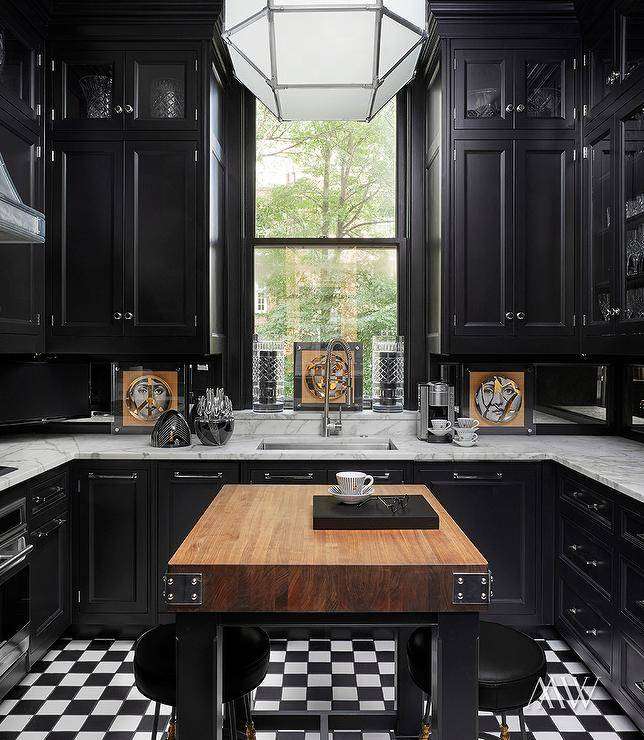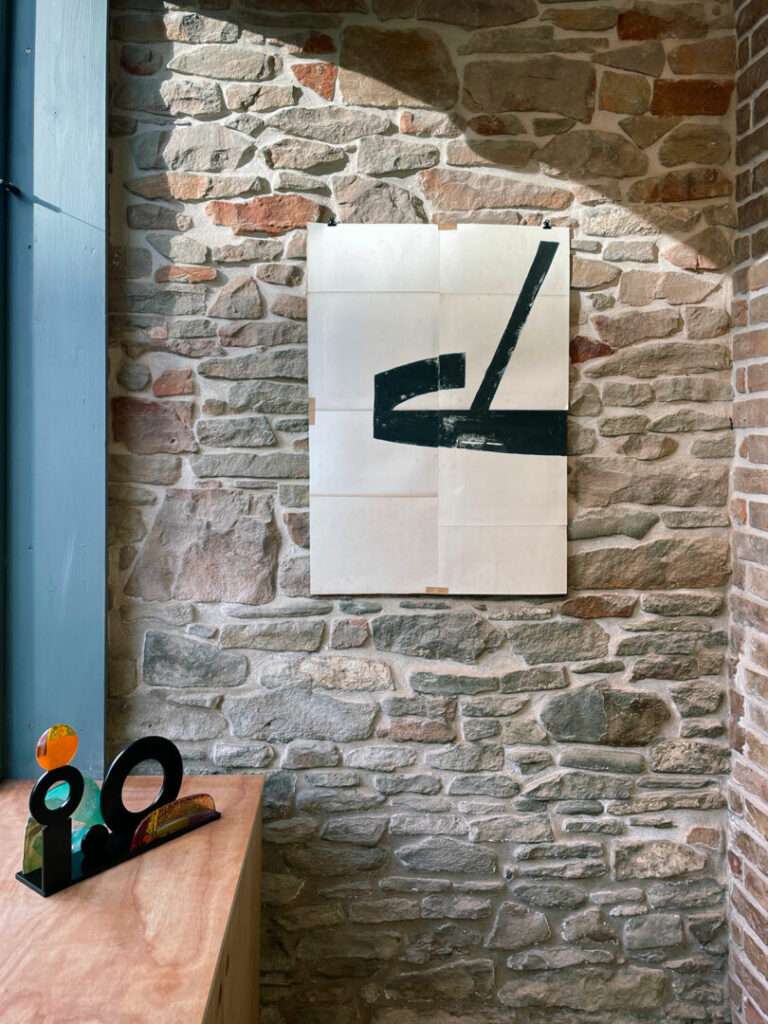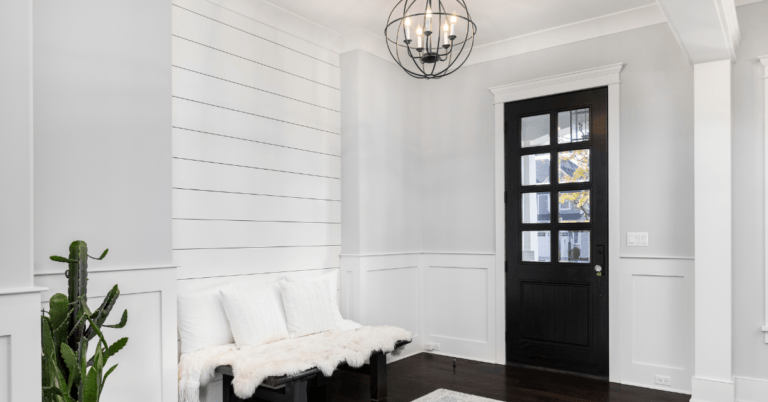From the Colonial era to modern times, American architecture has been influenced by a variety of factors, including geography, history, and culture. As a result, American homes come in many different styles, each with its own unique characteristics. Continue reading as we will discuss nine of the most popular American house styles, including pictures to give you an idea of what each style looks like.
Colonial
This style was popular from the early 1700s to the mid-1800s and is characterized by symmetry and balance. Typically two stories with a pitched roof, colonial homes feature a central front door and evenly spaced windows. The most common types of colonial homes are Georgian, Federal, and Dutch.
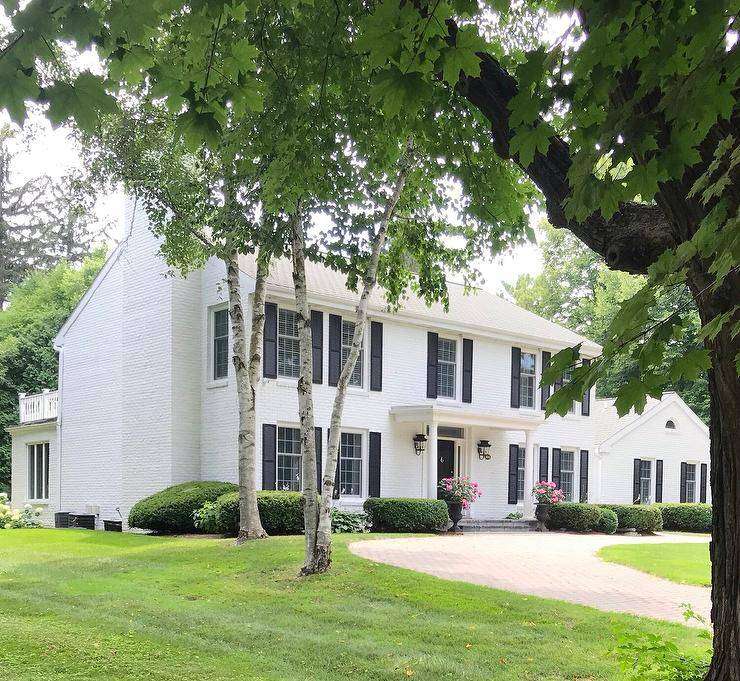
Colonial houses are still popular today because of their timeless appeal and classic design. These homes were built during the period of American history when the country was still in its infancy, and their style reflects the simplicity and practicality of that era.
The distinctive features of Colonial architecture, such as symmetrical facades, multi-paned windows, and central chimneys, continue to captivate homeowners and builders alike. Additionally, Colonial homes have a certain charm and warmth that make them feel welcoming and comfortable, and their enduring popularity demonstrates that they are a true American classic.
Victorian
This style was popular during the late 1800s and is known for its ornate details and elaborate decorations. Victorian homes often have asymmetrical shapes, turrets, towers, and decorative trim. This style is categorized into several different sub-styles, including Queen Anne, Second Empire, and Stick-Eastlake.
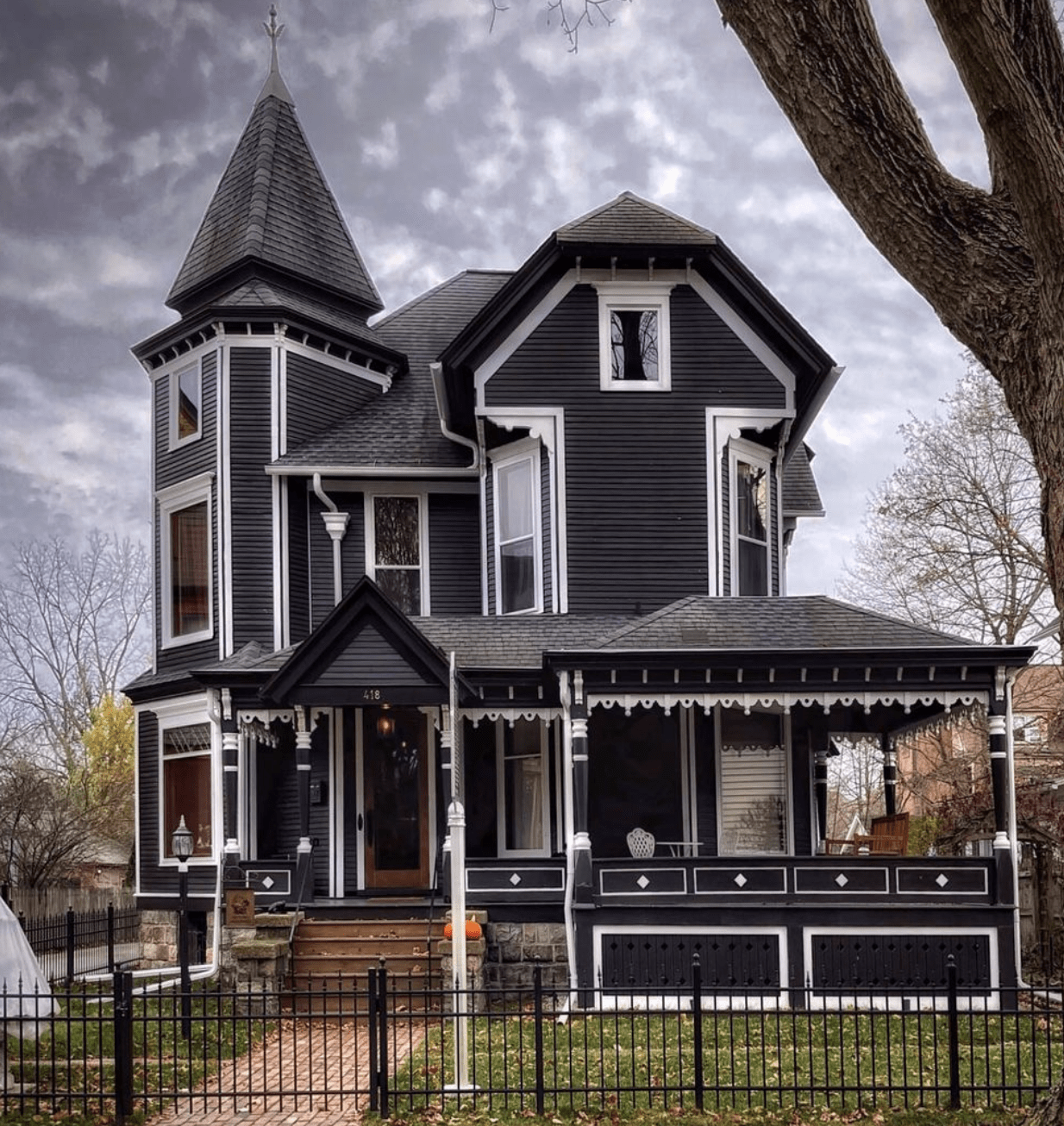
Due to their unique architectural features and historical significance, Victorian houses are among the most popular today. These homes were built during the reign of Queen Victoria in the late 1800s and were known for their ornate details, steep roofs, and asymmetrical facades. Many Victorian homes also feature stained-glass windows, turrets, and intricate woodwork.
Despite being over a century old, these homes continue to captivate people’s imaginations and are highly sought after by homeowners and history buffs alike. Additionally, many Victorian homes are located in desirable neighborhoods and offer spacious layouts, making them practical choices for modern families. Ultimately, the enduring appeal of Victorian homes can be attributed to their timeless beauty, rich history, and practicality.
Craftsman
This style emerged in the early 1900s and emphasized simplicity, natural materials, and craftsmanship. Craftsman homes are typically one or two stories with low-pitched roofs and wide front porches. They often feature exposed rafters, decorative brackets, and handcrafted details.
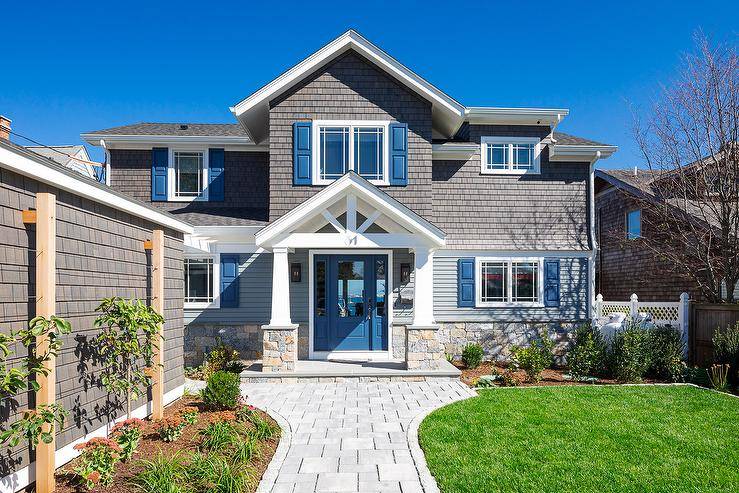
Craftsman-style homes remain popular to this day due to their classic aesthetic, which many find attractive and authentic. These homes were first introduced in the late 19th century as a response to the excesses of the Victorian era, with their simple yet elegant design emphasizing natural materials and craftsmanship.
The open floor plans, hand-crafted details, and cozy porches of Craftsman homes make them perfect for modern living, and their enduring popularity is a testament to the enduring appeal of this classic architectural style. Whether you’re looking for a new home or simply appreciate the beauty and craftsmanship of the past, a Craftsman home is a great choice that’s sure to stand the test of time.
Tudor
This style is characterized by its half-timbered exterior and steeply pitched roofs. Tudor homes often have decorative chimneys, leaded glass windows, and elaborate doorways. This style was popular in the early 1900s and is often associated with the medieval architecture of England.
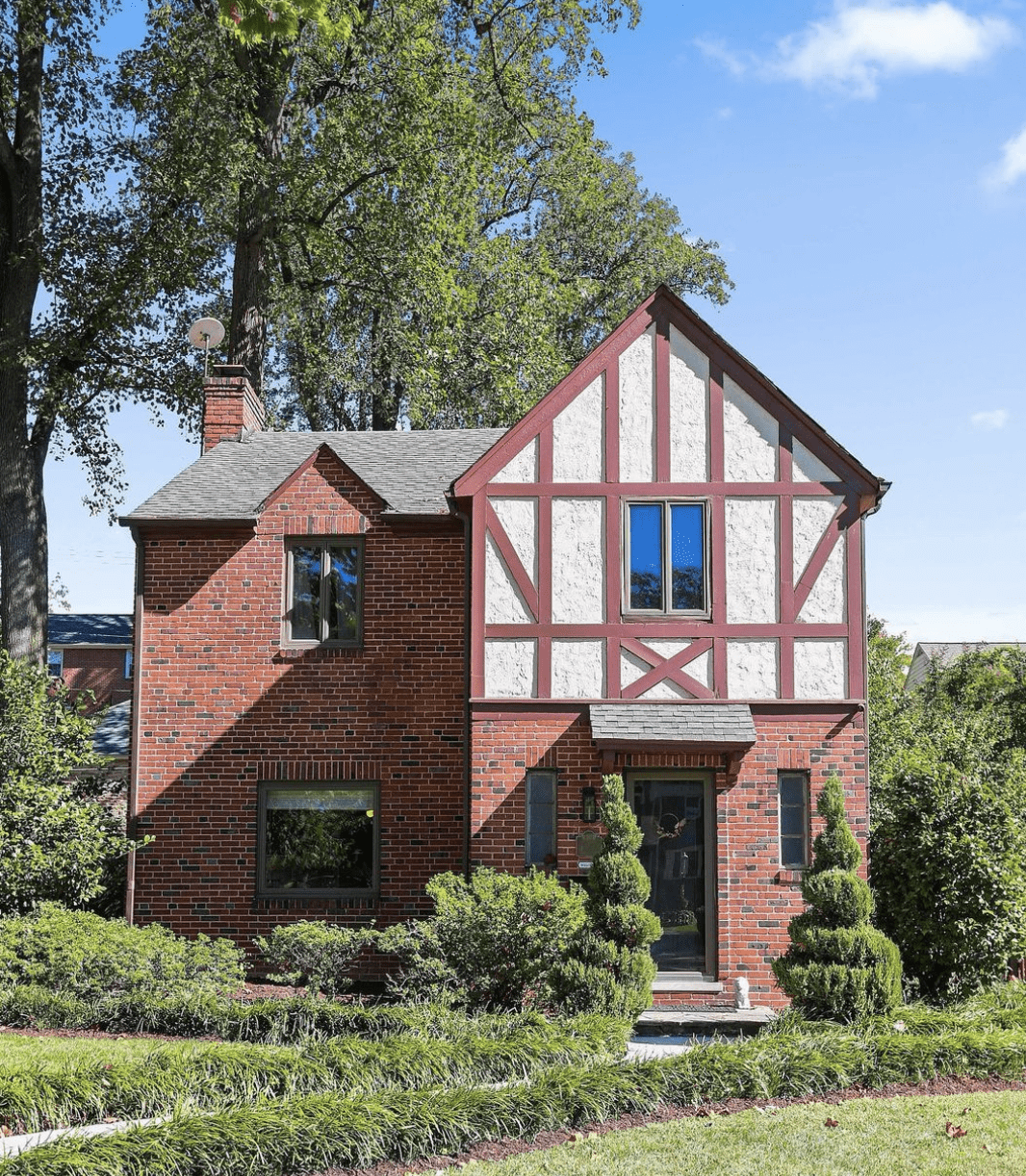
Tudor-style homes remain popular today due to their distinctive architecture and timeless allure. These homes are a testament to intricate design and a rich history, characterized by steeply pitched roofs, decorative half-timbering, and ornate chimney stacks. Their aesthetic appeal and old-world charm make them a desirable choice for homeowners who value elegance and character.
Many Tudor homes have been updated with modern amenities, offering a perfect blend of the old and the new. Whether you’re looking for a historic home or are simply drawn to the beauty of Tudor architecture, these homes continue to captivate and inspire homeowners today.
Bungalow
This style was popular from the early 1900s to the 1930s and is characterized by its low-pitched roofs, wide front porches, and simple designs. Bungalow homes often have exposed rafters, decorative brackets, and handcrafted details. This style was popularized by the Arts and Crafts movement.
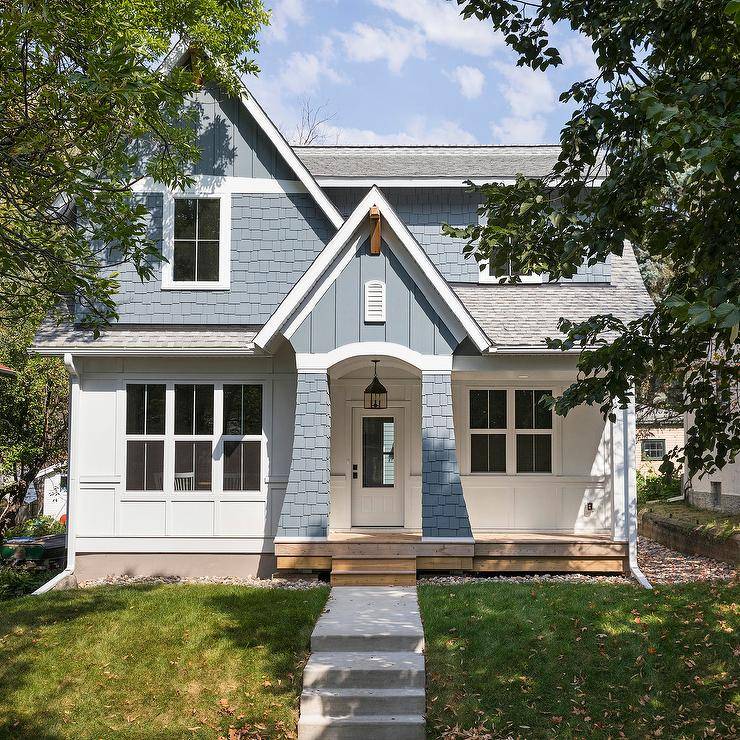
Bungalow homes are still popular today for several reasons. They are known for their simplicity and functionality, making them an attractive option for homeowners who value practicality and comfort. The open floor plan, low-pitched roof, and wide front porch are some of a bungalow’s distinctive features, making it an ideal home for young families or retirees.
Ranch
This style emerged in the 1950s and is characterized by its single-story design, low-pitched roof, and open floor plan. Ranch homes often have large windows, sliding glass doors, and attached garages. This style was popularized by the post-World War II housing boom.
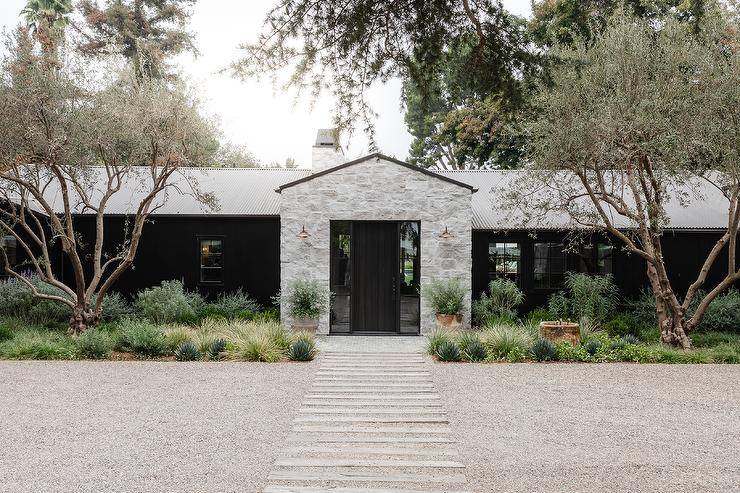
Ranch-style homes have been popular since the 1950s and continue to be popular today for several reasons. The single-story design of the ranch home is practical and comfortable, making it ideal for homeowners of all ages and abilities. It also provides a sense of openness and flow, with an easy transition from room to room.
Cape Cod
This style was popular from the 1930s to the 1950s and is characterized by its steeply pitched roof, central chimney, and symmetrical design. Cape Cod homes often have dormer windows and a front door in the center of the house. This style is named after the homes found in the New England region of the United States.
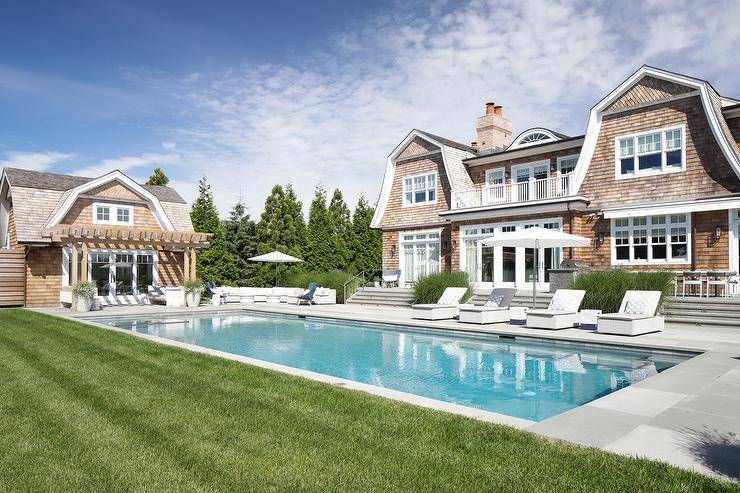
Cape Cod homes continue to be a popular style of home in the United States and for several good reasons. Cape Cod homes have a classic look that is both elegant and timeless. They are often designed with functionality in mind, featuring a simple, rectangular layout that maximizes living space. Cape Cod homes are also typically affordable and easy to maintain, making them a great choice for families and individuals looking for a comfortable and practical home.
Contemporary
This style emerged in the 1970s and is characterized by its sleek, modern design. Contemporary homes often have flat or low-pitched roofs, large windows, and open floor plans. This style is influenced by the modernist movement and is often associated with minimalism.
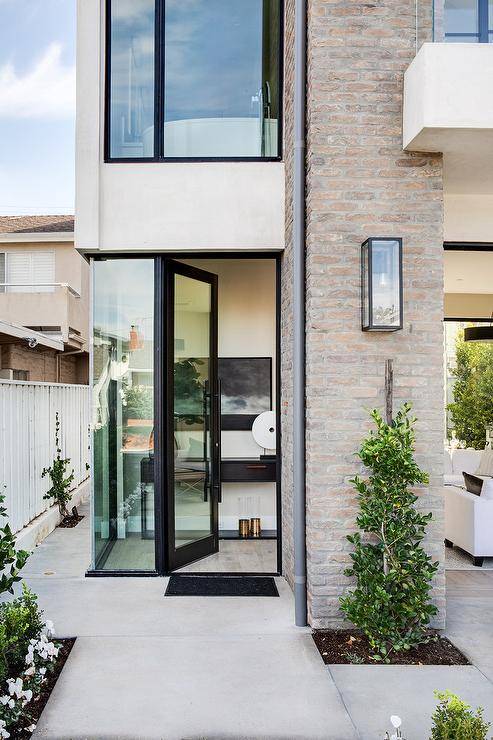
Contemporary homes are popular for several reasons. Firstly, contemporary homes’ clean and minimalist design provides a sense of simplicity and elegance that many people find appealing. The use of clean lines, neutral colors, and open spaces creates a feeling of spaciousness and relaxation.
Secondly, contemporary homes often incorporate energy-efficient features like solar panels, high-efficiency heating and cooling systems, and energy-efficient lighting. With concerns about climate change and rising energy costs, many people are looking for ways to reduce their carbon footprint and save money on their energy bills.
Colonial Revival
This style emerged in the late 1800s and is characterized by its reinterpretation of colonial architecture. Colonial Revival homes often have symmetrical designs, central entrances, and evenly spaced windows. This style is often associated with nostalgia for the American past.
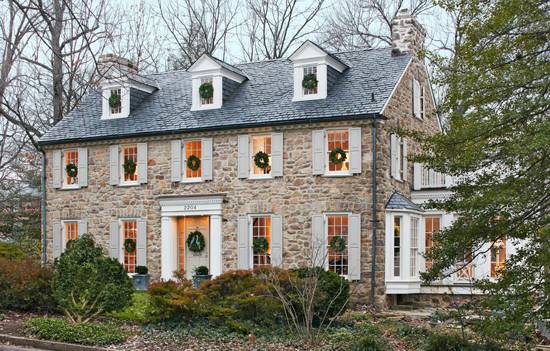
Colonial Revival homes have remained a go-to for many homeowners for various reasons. Firstly, their classic and timeless design never goes out of style with symmetrical facades, elegant and simple lines, and traditional details such as shutters, columns, and pediments. Secondly, these homes have a strong connection to American history and culture as they draw inspiration from the architectural designs of the original 13 colonies, which reflect a sense of tradition and heritage.
Colonial Revival homes are versatile and can be adapted to contemporary lifestyles with spacious living spaces, open floor plans, and updated amenities that appeal to modern homeowners. Finally, owning a Colonial Revival home is a symbol of prestige, sophistication, and wealth, making it a desirable choice for many people. Overall, the popularity of Colonial Revival homes endures because of their blend of style, history, practicality, and social significance.
These are just a few of the many house styles found in the United States. Each style has its own unique characteristics and history, reflecting the diversity and richness of American architecture.
